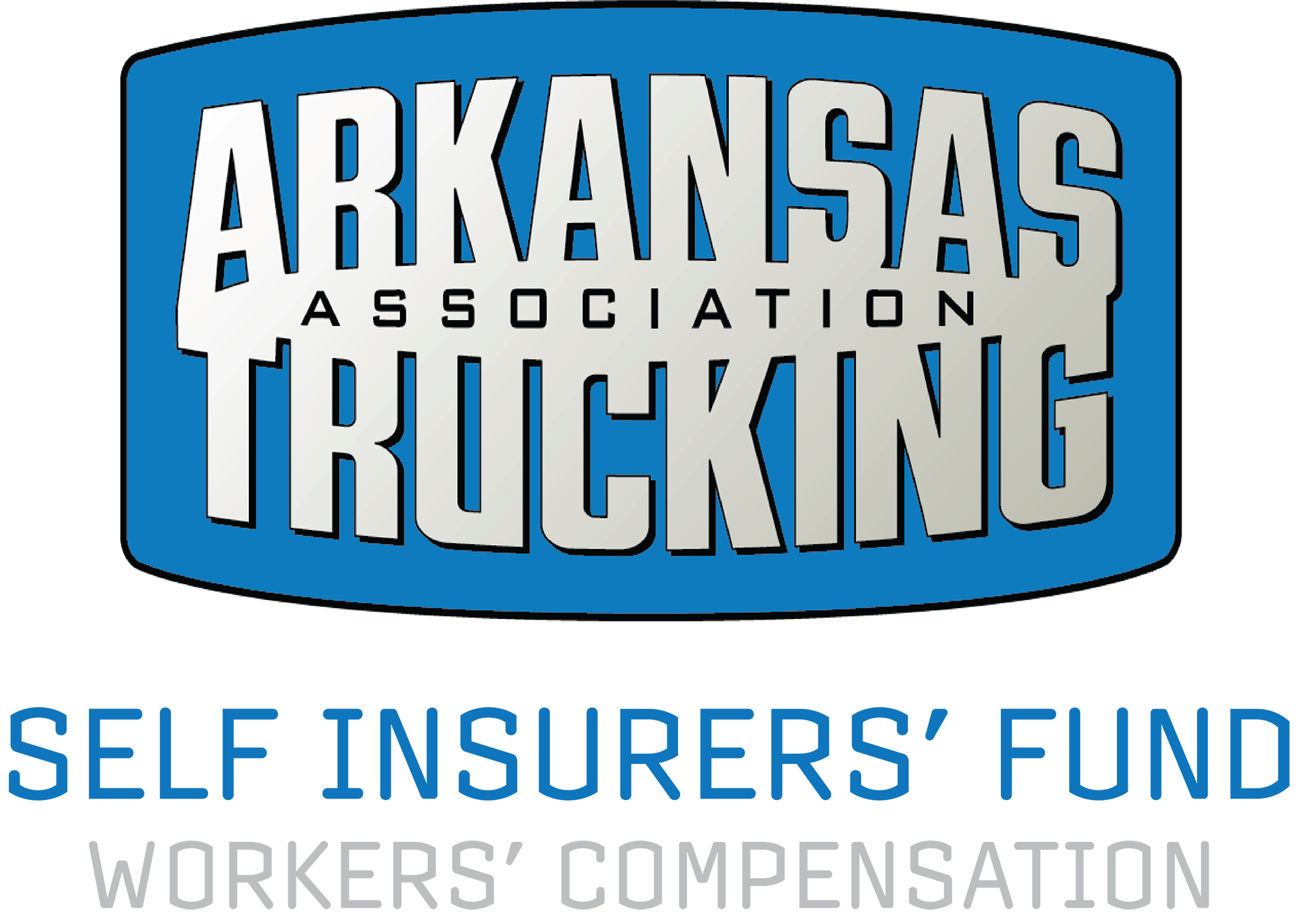The Arkansas Trucking Association assures citizens that trucks will continue to safely and efficiently deliver essential supplies and aid during the COVID-19 outbreak.
Some consumers around the state likely encountered empty shelves last week as reports continued to come in regarding the spread of a new corona virus. Experts have advised citizens should take measures to protect the hospitals and health institutions, which will be overtaxed if everyone contracts the illness at the same time. Many buyers headed to the grocery stores to stock up on toilet paper, hand sanitizer and food.
While everyone in the grocery store on the same day may spark fear that there aren’t enough supplies, the bare shelves are temporary, says Arkansas Trucking Association President Shannon Newton. Consumer demand aggressively pulled the expected inventory cycles forward, but trucks are moving across America to restock from warehouses and distribution centers that have supplies to meet our needs into summer.
Timely restock and availability of necessary items are expected since both Governor Asa Hutchinson’s Executive Order and subsequent waiver from the Federal Motor Carrier Safety Administration temporarily relaxed hours-of-service rules for truck drivers making vital deliveries related to the COVID-19 response.
Newton emphasized that safety is still the paramount focus of the industry, and suspending the rules in this case is an extension of keeping the public safe from a new and unfamiliar threat.
Trucking companies throughout the state are supporting their drivers carrying aid to affected communities. Drivers are being provided information about the virus, supplies to disinfect and clean their workspaces, and in some cases, even prepared meals.
“Our role is to ensure that stores have the inventory consumers want, citizens have the medicine they need, and healthcare professionals have access to supplies to treat serious cases,” Newton said.
In Arkansas, trucks move 85% of all goods and are the exclusive provider for 87% of communities. As demand has increased, wait times for trucks to be loaded and unloaded have increased as well. The national average wait time at distribution facilities exceeds five hours. Since the pandemic has escalated in the U.S., drivers are reporting that customers are requiring them to fill out additional paperwork about their travel. Some have even been screened for fever before being allowed to pick up and drop off freight. These precautions are extending wait times.
Many industries are forced to find new, creative ways to serve customers; for trucking, this isn’t an entirely unfamiliar situation. While the offices that support drivers are implementing more remote work, drivers are still showing up behind the wheel.
“The trucking industry is used to demanding conditions. Communities rely on us to deliver critical supplies when devastated by tornadoes or hurricanes. We are prepared to continue distributing food, fuel and medicine even in these challenging circumstances,” Newton said. “Through the best days and the worst days, trucking delivers.”



